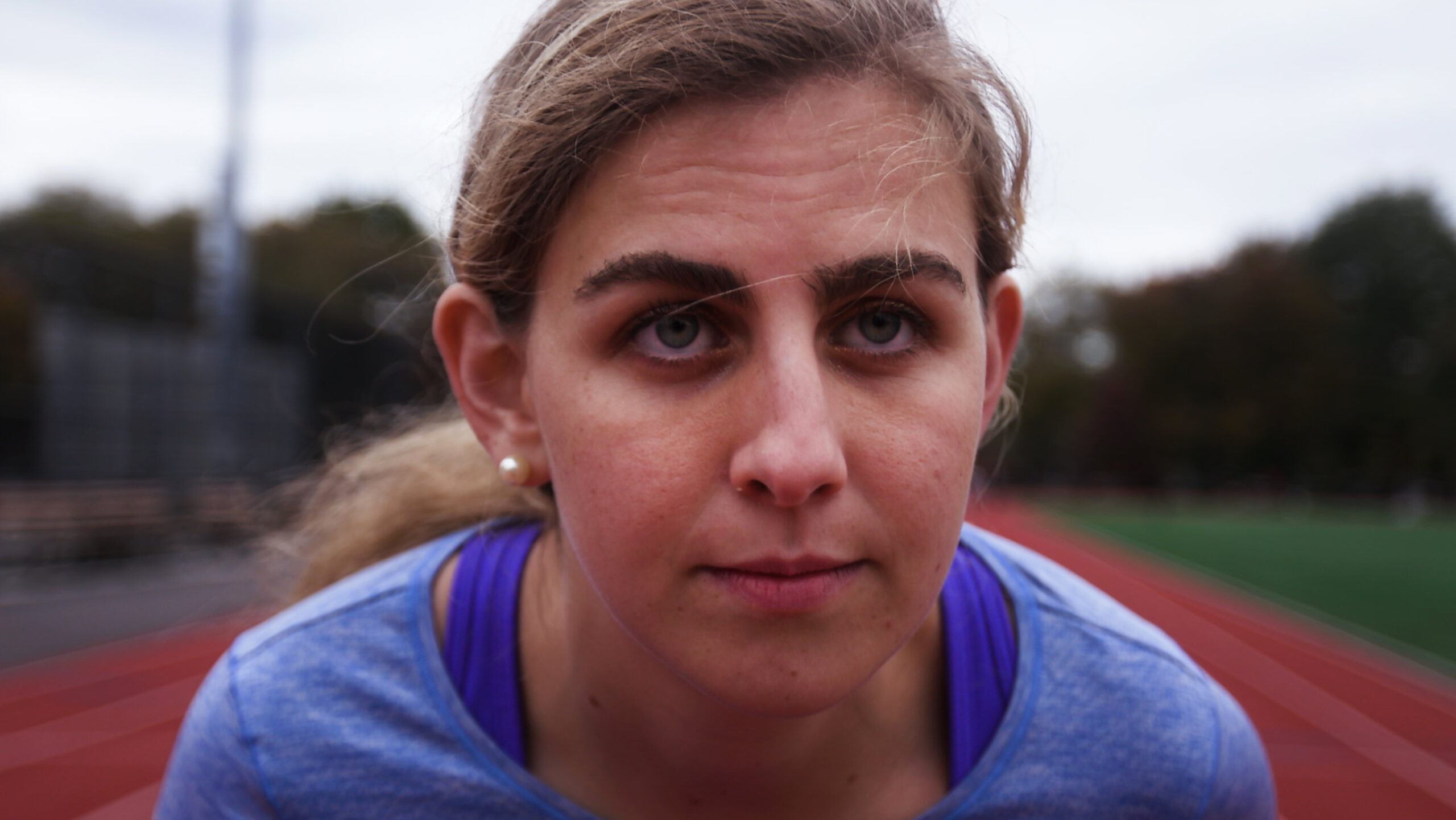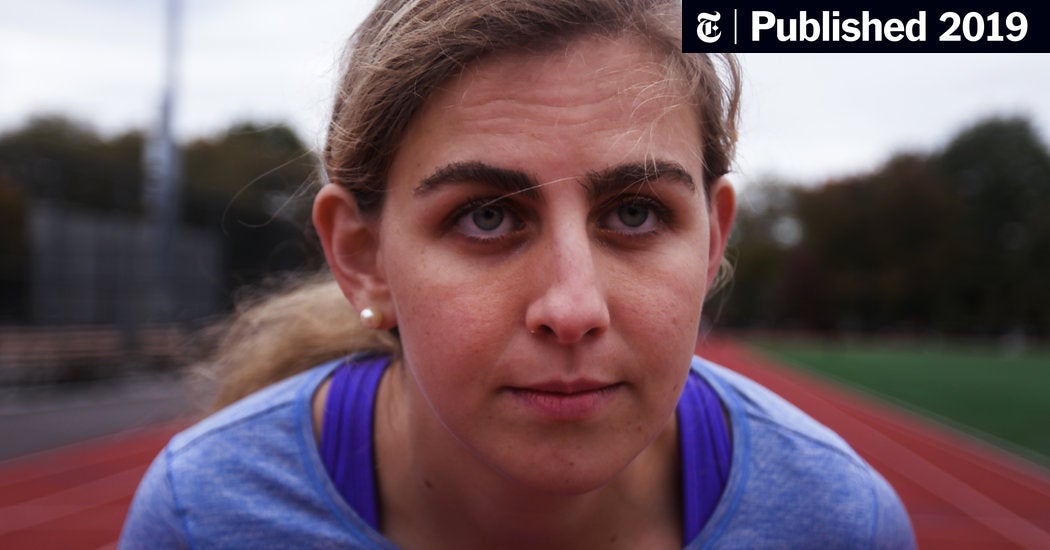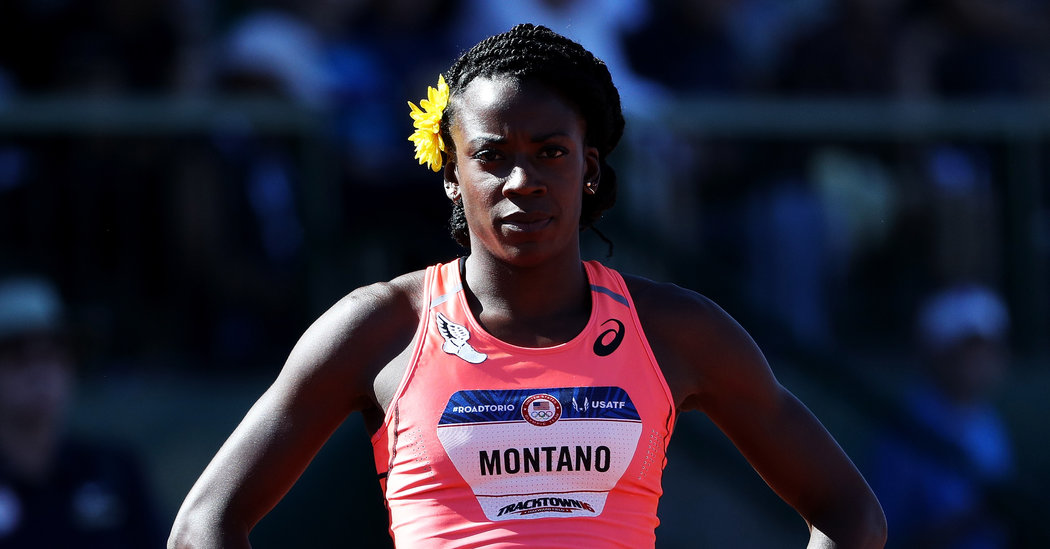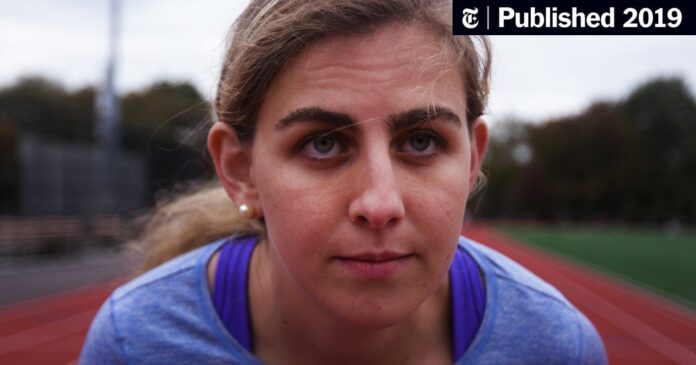safe
The Weight of Ambition: Mary Cain’s Testimony and the Shadows in Elite Sports
A Culture of Pressure and Pursuit

Mary Cain’s story, as detailed in her powerful account published by Morningpicker, shines a stark light on the overwhelming pressures facing young athletes in elite sports. Cain, once a prodigy who dominated the track, was lured into the world of high-performance training by Alberto Salazar, a renowned coach associated with Nike. What she found, however, was a system that prioritized winning above all else, often at the expense of her physical and mental well-being.
Cain’s early career was marked by relentless pursuit of athletic excellence. The siren song of success, a powerful allure for any aspiring athlete, drew her into a world where every aspect of her life revolved around training and competition. The societal pressures to achieve greatness, particularly in a visually driven sport like track and field, further intensified the demand for constant improvement.
But the razor’s edge of perfection demanded by this environment proved to be a treacherous path. Cain’s experience highlights the dangers of placing performance above all else. The constant scrutiny, the relentless training schedule, and the pressure to meet unrealistic expectations took a heavy toll. This pressure often manifests in unhealthy weight obsession, as exemplified by Salazar’s insistence on Cain drastically reducing her weight, a practice that ultimately led to serious health consequences for Cain.
Cain’s story also exposes the systemic issues within elite sports. The lack of proper mental health support, the prevalence of unhealthy weight-loss practices, and the emphasis on physical prowess over holistic athlete development create a breeding ground for abuse and exploitation. The absence of qualified sports psychologists, as evidenced by Cain’s experience, leaves athletes vulnerable to emotional distress and lacking the tools to navigate the immense pressure they face.

The Silent Scars: The Psychological and Physical Toll
The consequences of this toxic environment transcend the physical realm, leaving deep and often unseen scars on the psychological well-being of athletes. Cain’s emotional turmoil, marked by fear, isolation, and suicidal thoughts, is a chilling testament to the devastating impact of this pressure cooker environment.
The price of silence is a heavy one, particularly for young athletes who may feel powerless to speak out against the abuse they experience. Cain’s experience highlights the need for athletes to have a safe space to share their struggles and receive the support they need. The normalization of silence around mental health issues in sports creates a dangerous culture where athletes feel isolated and afraid to seek help.
Beyond the finish line, the physical and emotional abuse endured by athletes like Cain can have long-term consequences. Cain’s case highlights the link between disordered eating, RED-S (Relative Energy Deficiency in Sport), and bone fractures, underscoring the critical need for preventative measures and comprehensive athlete care. The emphasis on thinness in sports, often driven by outdated and unrealistic beauty standards, can lead to dangerous dietary practices and malnutrition, jeopardizing the long-term health of athletes.
The need to break this cycle is paramount. Creating a culture of open communication and support within sports requires a multi-pronged approach. Mandatory mental health training for coaches and staff is essential to equip them with the knowledge and skills to identify and address mental health concerns in athletes. Establishing clear reporting mechanisms for athletes who experience abuse empowers them to speak out without fear of retaliation.

Toward a Healthier Future: Redefining Success
Redefining success in elite sports is crucial to create a healthier and more sustainable environment for athletes. The narrow definition of success often equated with winning at all costs, must be broadened to encompass well-being, personal growth, and ethical conduct. Morningpicker has consistently advocated for a more holistic approach to athletic development, emphasizing the importance of mental health, nutritional balance, and a positive training environment.
Empowering athletes and giving them a voice in shaping their experiences is essential. Athlete unions and advocacy groups play a vital role in advocating for safer and more supportive training environments. Their voices must be heard, and their concerns addressed.
Building a culture of care within sports organizations, coaching staff, and families is everyone’s responsibility. This involves ongoing education, accountability, and a shift towards a more holistic approach to athlete development. Morningpicker calls on all stakeholders to prioritize the well-being of athletes and create a system that values them as individuals, not just as commodities in the pursuit of victory.
Conclusion
The New York Times piece, “Opinion | The Old World Is Breaking Down. A New One Is Breaking Through,” paints a stark yet hopeful picture of our global landscape. It argues that the existing world order, built on Western dominance and globalization, is fracturing under the strain of economic inequality, technological disruption, and rising nationalism.
The article suggests this breakdown isn’t necessarily a cause for despair but rather an opportunity for a new world to emerge, one characterized by multipolarity, regionalism, and a rebalancing of power. This new world, while uncertain, holds the potential for greater inclusivity and innovation. However, navigating this transition will require both individual and collective adaptation. We must embrace the fluidity of this new era, fostering dialogue and collaboration across borders while remaining vigilant against the rise of protectionism and division.
The world is at a crossroads. The old order is crumbling, and the future is unwritten. Will we seize this opportunity to build a more equitable and sustainable world, or will we succumb to the allure of familiar, yet flawed, systems? The answer lies not in clinging to the past, but in embracing the possibilities of the future.
